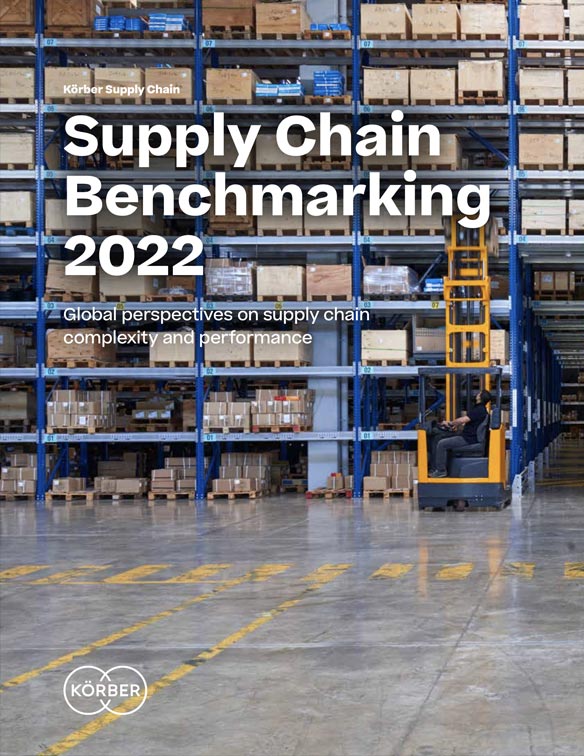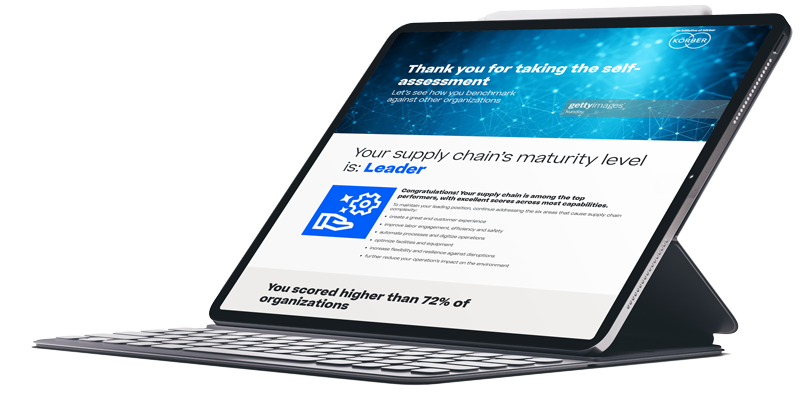
Evolve the supply chain into a greener, more responsible ecosystem
Supply chain sustainability is quickly becoming a strategic priority
Supply chain sustainability has become top of mind for businesses, as it influences consumer and investor decisions, and is impacted by national and global regulation.
In addition to their direct environmental impact, companies are facing increasing pressure to monitor their suppliers’ compliance with labor and social standards and ensure ethical supply chain management.
Creating sustainable supply chains presents challenges and complexity, but technology and careful planning can help businesses address the resulting requirements.
Key takeaways
What the survey shows, and what we can learn from it

of respondents ranked as leaders in sustainability
Supply chain professionals are optimistic about their ability to “go green” in the coming years, and have initiatives planned or in process

versus 37% of advanced supply chains have a certified environmental management system (such as ESG) in place
A more structured management of sustainability initiatives is gaining in importance, with leaders well ahead of other maturity levels

advanced organizations have prioritized the use of sustainable packaging materials
Organizations ranked as leaders are well ahead, with 75% making sustainable packaging a priority
Get the full report in your inbox.

Thank you
Your download is now available
During the last decade, the supply chain has emerged as a mission-critical function that can define the success or failure of an organization. And it only continues to gain in importance. At the same time, global megatrends such as changing consumer behaviors, the rising interconnectivity of the global economy, and unexpected disruptions like the COVID-19 pandemic increase supply chain complexity.
Get the latest research and insights to help you better understand the key factors that shape this complexity, how your supply chain progresses against them, and how you can increase its performance.
Getting started
With sustainability a fairly recent priority for supply chains, many businesses initially focus on reducing their impact on the environment - often reducing costs and improving productivity in the process. Technology plays a key role in these efforts to “go green.”
How does your supply chain measure up?
Take this rapid self-assessment: gain instant insights and start determining priorities.
Our self-assessment takes just a minute to complete. It will help you determine how your supply chain performs and how it compares against other organizations. It also recommends which areas to focus on first.

About the supply chain benchmarking report
In late 2021, Körber Supply Chain commissioned international strategy consultancy Roland Berger to survey supply chain professionals across North America and Europe. Its goal was to benchmark the progress that companies are making against the six complexity factors. Based on their survey responses, respondents were grouped into four maturity levels:


